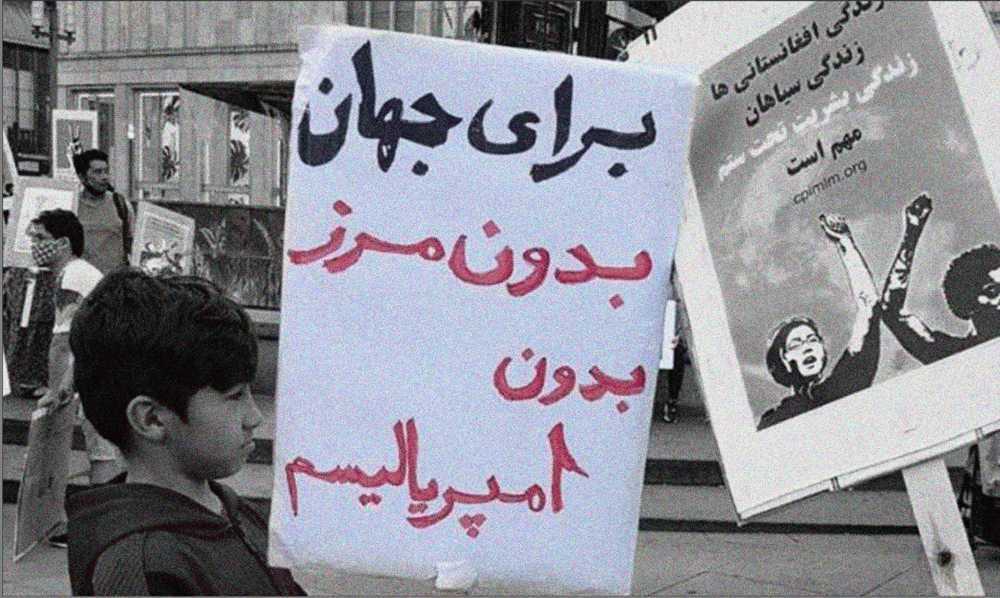Sukhtbars, informal workers from Baluchistan, represent one of Iran's most marginalized groups, their numbers amassing to tens of thousands. Forced into the illicit trade of buying and selling fuel across the Iran-Pakistan border, they contend with a challenging economic landscape marked by high unemployment rates and low economic participation in Sistan and Baluchistan province. The scarcity of other economic opportunities compels these individuals to risk their lives transporting fuel.
Agents of the Islamic Republic of Iran tragically attack sukhtbars daily, leading to a common sight of burnt vehicles along Baluchistan's roads. Military forces strategically place spiked barriers to overturn these transport vehicles, while officers confiscate the sukhtbars' motorcycles and donkeys — their sole property. Furthermore, they destroy the fuel containers and resort to brutal tactics, including physical abuse and extortion of these fuel carriers.
The Halvash annual report discloses that during the Iranian calendar year 1401, a minimum of 82 fuel carriers, or sukhtbars, were killed. Since the commencement of 1402 (21 March 2023) to the present date, we've mourned the loss of approximately one fuel carrier daily due to gunshots from officers or fatalities from high-speed chases. In several instances, bullets ignited gasoline cargos, causing vehicles to explode and tragically claim the lives of passengers.
Sistan and Baluchistan is Iran's most impoverished province, where chronic poverty and unemployment force undereducated youth to resort to fuel smuggling as their only means of survival. The IRGC's initiative, known as the Razzagh Plan, to regulate fuel delivery across borders has effectively morphed into a profit-centric operation. This transformation benefits regime agents, professional smugglers, and local clan leaders at the expense of the sukhtbars.
As signatories of this petition, we urgently call for an end to the violence against sukhtbars. We urge for the decriminalization of the fuel trade. Addressing the predicament of the sukhtbars necessitates the creation of viable employment opportunities by the government. However, in the short term, legalizing and taxing the fuel trade could prevent the annual loss of hundreds of sukhtbars' lives. Sukhtbars' lives matter.

کولبری باید جرم زدایی شود